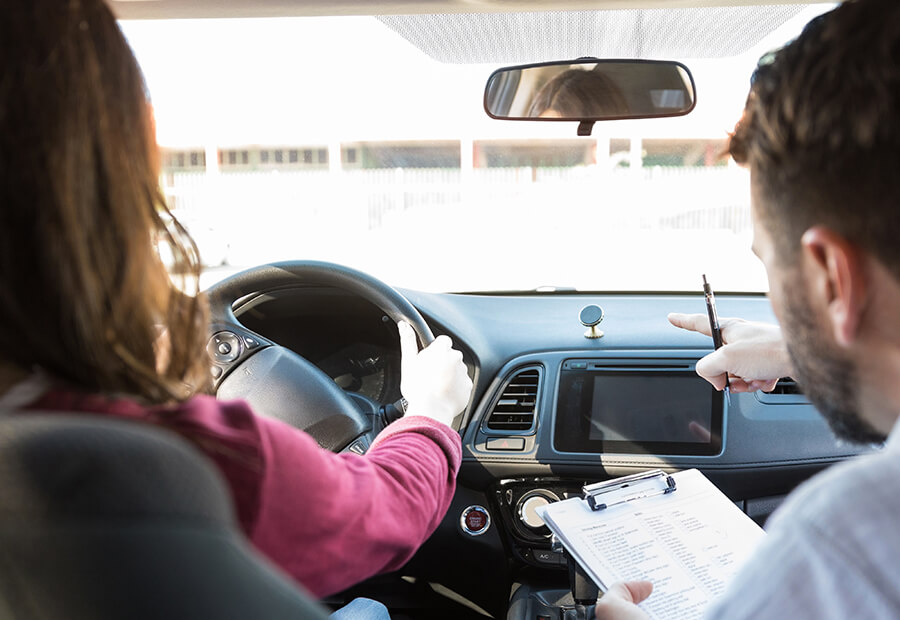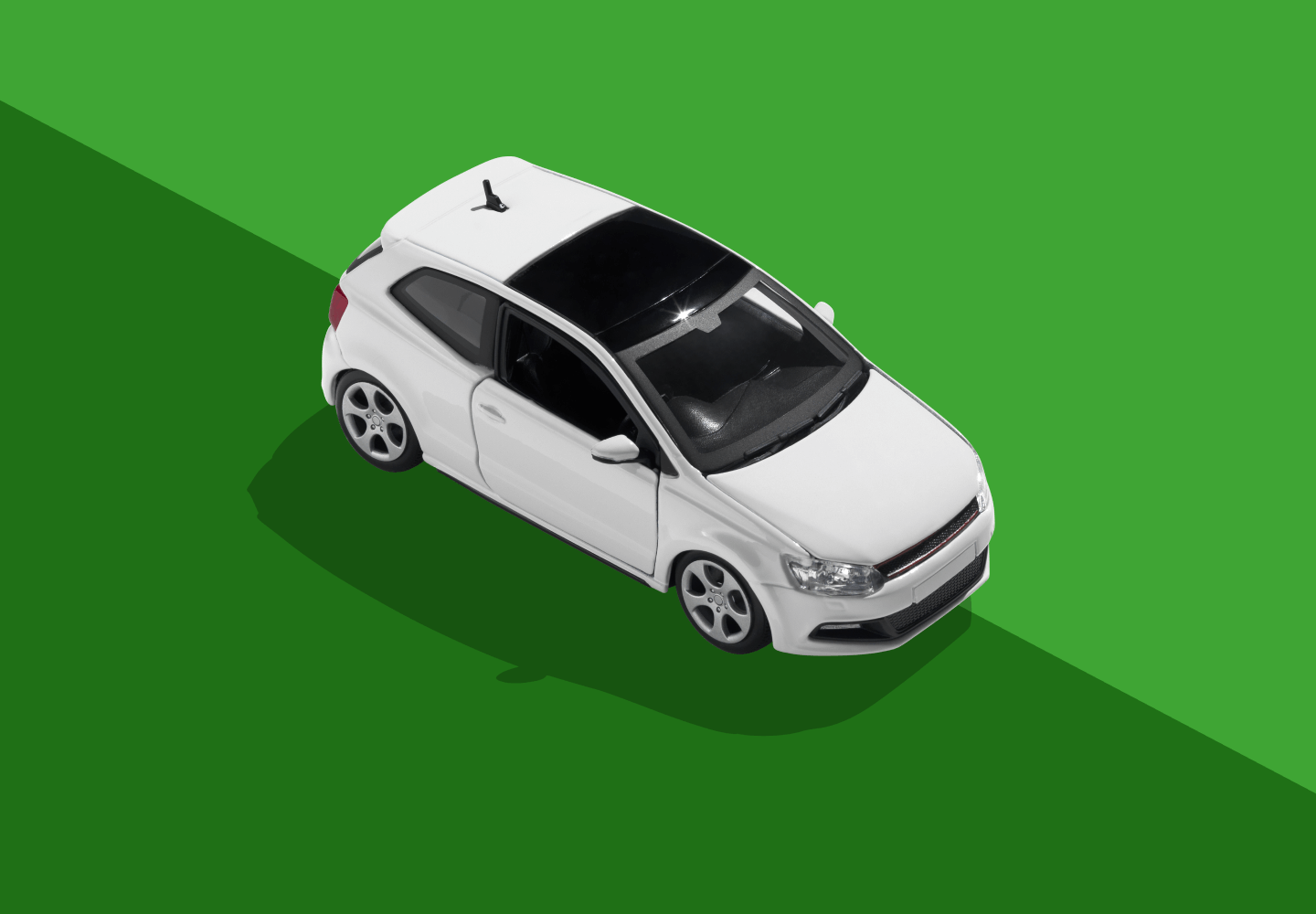Can I Insure a Car With a Provisional License
Learner driver insurance

What's learner driver insurance?
A learner driver policy is short-term car insurance that covers you to drive your car, or someone else's, while you're practising to take your driving test.
If you're going to be learning to drive in your own car, you can get annual learner driver car insurance that you can update once you've passed your test.
Or, you can get a short-term policy to cover you just while you're learning – it's entirely up to you.
As well as sorting out your insurance, remember to put your L plates on – or D plates in Wales, There's a six-point penalty on your licence for driving without them.

Do learner drivers need car insurance?
If you're learning in your driving instructor's car, they'll have their own insurance that covers students for driving their car. You won't need to take out your own learner driver insurance for official lessons.
But lots of learner drivers take lessons with a friend or family member in their car. If you do that, you'll need to either take out your own learner driver insurance on their car, or get added as a named driver to their policy.
If you've bought your own car, you'll need to insure it before you can drive it.
What insurance do learner drivers need?
The level of car insurance you need depends on what you want to be covered for and what you can afford. There are three levels of cover available:
- Third party only (TPO): This is the lowest level of cover and you're legally required to have it. It'll cover the costs of losses to other people if you're responsible for an accident. It doesn't cover your own vehicle.
- Third party, fire, and theft (TPFT): This covers third party claims, as well as your own vehicle for damage or loss due to fire and theft.
- Comprehensive: Fully comp includes everything that TPFT does, but it also covers your own vehicle for damage or loss.
You can also buy optional extras for your learner driver insurance if you need them, like accidental damage and breakdown cover.
Join over a million customers with free £250 excess cover^
What's an excess? It's the amount of money you agree to pay towards a claim when you take out insurance.
Don't worry – GoCompare will refund up to £250 of your excess^ if you do need to claim.
We've already refunded £1 million* to customers!
Claim your free £250 excess cover >
^Up to £250 refunded after claim settled. Car insurance purchases only. Excludes breakdown, windscreen and glass repair/replacement. Full T&Cs apply.
*Between July 2019 and November 2020, £1M has been refunded to free excess cover customers following a successful claim.

How long does learner insurance last?
The length of your cover depends on the type of policy you choose. You can get:
- Annual cover: This will cover you for a whole year and automatically renews at the end of the policy term.
- Short term cover: Policies can cover you from one week up to a few months.
If you're a named driver on a friend or family member's policy, you'll have the same amount of cover as them and this will last until their policy ends.
They'll probably be charged to add you to their policy and some insurers won't accept named drivers under a certain age, for example 21.
If you're using someone else's car to learn in, learner driver insurance protects the car owner's no-claims bonus (NCB) if you need to make a claim.
Black box insurance for learner drivers
Black box insurance – also known as telematics cover – is a type of insurance policy that bases the price of your cover on how well you drive.
Poor driving will increase the price of your premiums, so not only does it encourage safer driving, but it could also save you money.
Some insurers do offer telematics cover for learner drivers, but others might have minimum age limits or be for full licence holders only, so check it's suitable for you before you buy.
Find out more about black box insurance >

What do I need to get learner drivers insurance?
Each insurer will have its own acceptance criteria for learner drivers but most will ask for:
-
A valid UK provisional driving licence
-
Aged between 17-35
-
A supervisor with a full-UK driving licence aged over 21 years (sometimes over 25 years)
-
A car under a certain value, with a valid MOT
-
No previous car insurance claims
-
No previous driving offences or criminal convictions
Best and worst places to pass your driving test
According to our research, the centre with the highest pass rate is Campbeltown with 92%.
| Test centre | City/Region | No. of first-time driving tests take | No. of first-time driving test passes | Pass rate |
| Campbeltown | Argyll and Bute | 12 | 11 | 92% |
| Grantown-On-Spey | Moray | 10 | 9 | 90% |
| Fraserburgh | Aberdeenshire | 82 | 43 | 82% |
| Lerwick | Shetland Islands | 54 | 46 | 80% |
| Hawick | Scottish Borders | 58 | 48 | 79% |
| Orkney | Orkney Islands | 61 | 33 | 79% |
| Montrose | Angus | 43 | 6 | 77% |
| Islay Island | Argyll and Bute | 8 | 8 | 75% |
| Kingussie | Argyll and Bute | 8 | 13 | 75% |
| Benbecula Island | Outer Hebrides | 18 | 127 | 72% |
| Alnwick | Northumberland | 176 | 219 | 71% |
The centre with the lowest pass rate was Erith in London, with 30%, although this low rate could be because it's likely to have a higher volume of learner drivers due to its city location.
| Test centre | City/Region | No. of first-time driving tests taken | No. of first-time driving test passes | Pass rate |
| Erith | London | 800 | 242 | 30% |
| Belvedere | London | 481 | 163 | 34% |
| Bodmin | Cornwall | 850 | 295 | 35% |
| East Kilbride | South Lanarkshire | 115 | 40 | 35% |
| Sutton Coldfield | Birmingham | 1,015 | 370 | 37% |
| Crewe | Cheshire | 838 | 307 | 37% |
| Kingstanding | Birmingham | 1,501 | 551 | 37% |
| South Yardley | Birmingham | 1,340 | 492 | 37% |
| Croydon | London | 689 | 255 | 37% |
| Goodmayes | London | 3,146 | 1,166 | 37% |
How can I get cheaper learner driver insurance quote?
Learning to drive can be expensive – our data suggests new drivers aged 17 pay £679.14 on average just for insurance.[2]
Here are some tips to help reduce the cost:
-
Add an experienced driver to your policy
But make sure you're honest about who does the most driving – lying about the main driver is called fronting and it's illegal.
-
Compare car insurance quotes
You'll find the right cover for the best price when you choose from a range of insurance policies and providers.
-
Choose a less powerful car
Less powerful cars are in lower insurance groups, which will make your cover cheaper.
-
Choose a telematics policy
Good driving is rewarded with cheaper premiums.
-
Select a higher excess
Choosing a higher excess usually mean cheaper cover, but you need to be sure you could afford to pay it if you need to make a claim.
Frequently asked questions
-
The price of car insurance is based on your risk – learner drivers tend to be young and with limited driving experience, so insurers see them as higher risk. That means more expensive cover than older or more experienced drivers.
-
Only if they're accompanied by an approved driving instructor in a car with dual controls.
-
Yes - you must have L plates – or D plates in Wales – otherwise you risk a six-point penalty on your licence.
-
Most insurers will only cover one learner driver on each policy. But more than one learner can be insured to drive the same car.
-
According to RAC, the average learner driver need around 20 hours of practice to pass a driving test, as well as 45 hours of driving lessons.
-
Yes, as long as you're taking your test in the car named on your policy.
-
Yes. If you want to practice without your instructor, perhaps in a parent of friend's car, then you'll need to make sure you're properly covered to drive that vehicle.
-
Someone that has held a full driving licence for three years and is qualified to drive the car you're learning in. They must not be intoxicate and they must sit in the front passenger seat. You must display L plates (or D plates in Wales) on the front and back of your car.
If you drive without the right supervision, you can be fined up to £1,000 and get up to six penalty points on your provisional licence.
-
Yes, some insurers will offer a discount if you take a pass plus course.
-
Yes, but check with your insurer whether there are any restrictions for the cars you can drive or any admin fees.
-
Yes. You'll need to make sure it's taxed, has a valid MOT certificate and you'll have to sign a declaration confirming that your insurance covers you during your test.
-
Congratulations! It's time to send your provisional licence to the DVLA to be upgraded to a full licence.
You'll need to start looking for car insurance that covers you as a fully qualified driver. Insurance for new drivers can be expensive, especially if you're under 25 so it's a good idea to compare car insurance to find the best price for the cover you need.
You can display P plates, to let other drivers know you're a new driver, but it's not compulsory. You can also take a Pass Plus course to gain driving experience, which can get you a discount on your insurance premiums with some providers.
-
If you're a learner rider using your own motorbike, you'll need your own insurance. If you're using a riding school's motorcycle, then it should have insurance to cover you – ask to make sure.
Load more
GoCompare uses cookies. By using the website you agree with our use of cookies.
Continue
Can I Insure a Car With a Provisional License
Source: https://www.gocompare.com/car-insurance/learner/
0 Response to "Can I Insure a Car With a Provisional License"
Post a Comment